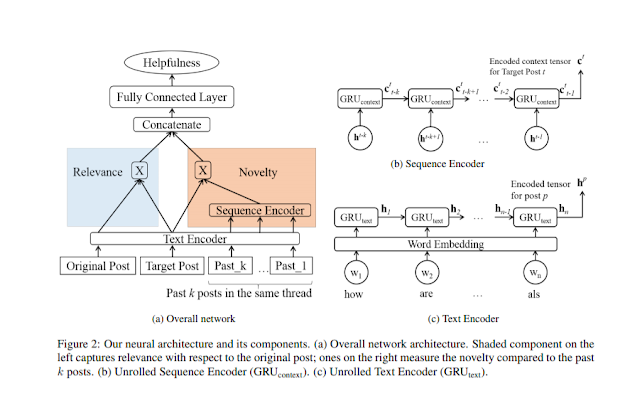Are you tired of waiting ? - AI can help!
Are you tired of waiting? Almost every day of your life will be spent waiting. You will be waiting in traffic. You will be waiting to buy or acquire a service. You will be waiting on the internet for your movie, music, or social media update. For the longest time, the human race has been inventing a lot of things for us to save time. But why are we still waiting? We live in only one Earth, where we are bound within finite space and resources. More human beings are getting introduced to this home of ours. There are only enough resources that we can share. So, the future will bring us longer waiting times for us to share these resources because there will be more of us. There will be longer wait times because there are a lot more of us (humans) vying for the same resources. Roadways, Food, Water, Air, Internet, and Services (e.g., Healthcare, Legal, Social) will need to be efficiently used and scheduled. We have systems in place to access these resources. Our current p...
